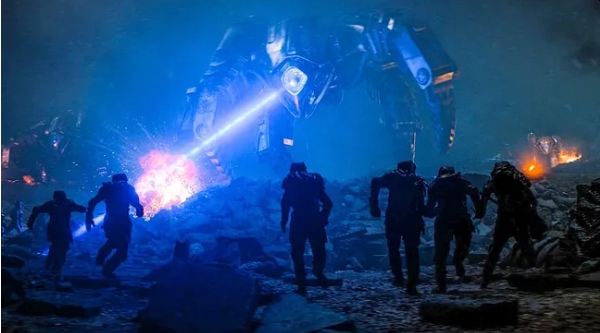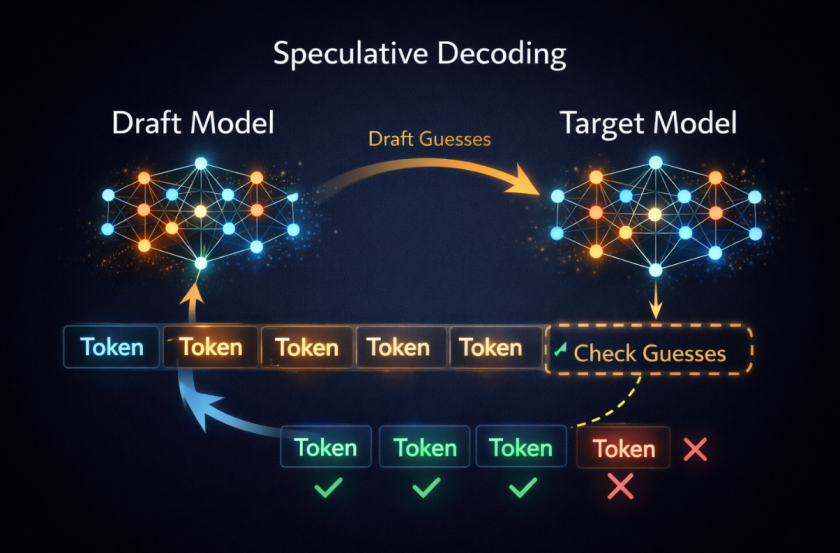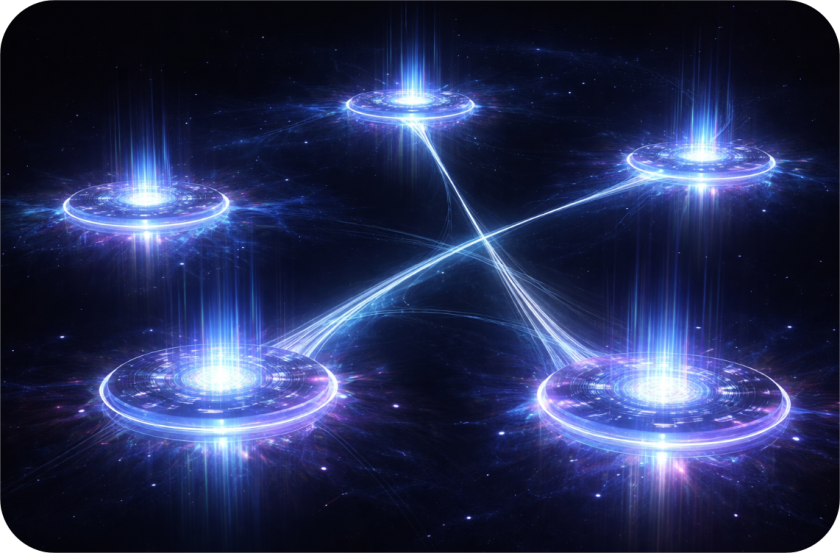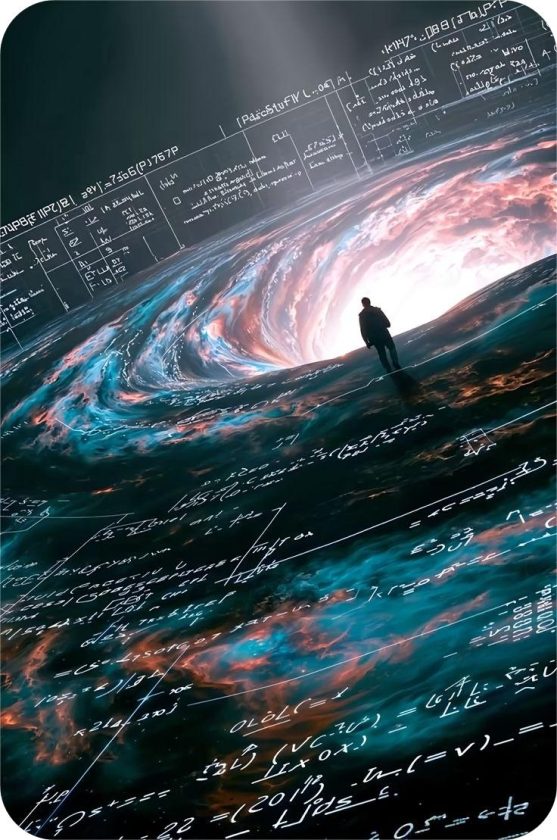
I am a huge science fiction nerd and I see this genre as a window, a blueprint for the future. Since, it often imagines advanced tech, societal change, socio-economic possibilities, medicine, space exploration, even philosophy and ethics, before they become reality.
Innovations that we use and see around us are once just ideas in science fiction literature. Be it smartphones, AI, medical equipment, space travel, everything was imagined by some daring science writer or enthusiasts, which then percolated into mainstream thought, inspiring scientists, engineers, and visionaries to turn fiction into reality. That’s why I see it as a way of predicting the future.
Take Frank Herbert’s Dune, for example. It is more than an epic sci-fi saga, it gives us a vision that is very much relevant in today’s Artificial Intelligence and biotechnology, which we are actually witnessing. I’m sure it has more other pointers to talk about but I’m particularly interested in the mentioned two technologies, maybe I’ll try to wrap around other visions of Dune in my future posts.
But for now, my focus is primarily on artificial intelligence and genetic engineering, as the world today is dominated by these two. And Dune acts as a warning and a roadmap for what may lie ahead.

The Butlerian Jihad and AI Ethics
The world of Dune is shaped by the Butlerian Jihad, a catastrophic war which led to complete ban on intelligent machines that compelled society to reply on human intelligence. Their aim shifted from AI to religion and personal development, which led to an increase in what could be called psychic abilities, resulting in the emergence of Mentats and the Bene Gesserit.
Famous Mentats include Thufir Hawat (House Atreides) and Piter de Vries (a “twisted” Mentat serving House Harkonnen). Mentats were individuals who have honed their minds to think as precisely as a supercomputer; while the Bene Gesserit, were experts who navigated & mastered genetic manipulation and psychological control.
Isn’t it similar to what we are witnessing today?
AI is pacing with great leaps creating fears of job displacement, algorithmic bias and the existential risks of artificial general intelligence (AGI). So, here’s the big question we all need to think about: Should we let AI do its thing without any limits, or should we, like in Herbert’s universe, put some clear boundaries in place before we miss our chance?

Biotech and the Bene Gesserit’s Genetic Engineering
When it comes to the Bene Gesserit, we find how tactically they were curating humanity. Strategically, they were working “under the hood” and selectively breeding over span of thousands of years, with an aim to produce the Kwisatz Haderach – a superhuman with unparalleled perception and brainpower!
Now consider CRISPR and synthetic biology that we have today. With these in hand, we are already working on genetic enhancements and longevity research, (yea, Bryan Johnson came to mind as well).
Again, the question is, should we, like the Bene Gesserit, take the reins on evolution and steer it carefully, or are we diving into a risky game that might just get away from us? The ethical challenges we find in Dune really reflect what we encounter in our own lives, don’t you think? It’s fascinating how science fiction can blend so seamlessly with the realities we face!
Resource Wars and the Spice of Today
Melange, the Spice, is quite an interesting stuff. The “oil” of Dune universe. Not only does it make space travel possible, but it also helps people live longer and boosts brainpower. Whoever controls the Spice, dictates the power.
Now, when it comes to our world, what is our “oil” today? Data!
AI models are perennially hungry for computing power, and exciting advancements in biotech are often dependent on those hard-to-find materials!
When we think about it, today’s battles over resources like lithium for batteries, silicon for chips and even unique genomic data kind of resembles the epic power struggles in Dune over spice.
Just like the desert tribes of Arrakis come together to fend off imperial forces and ensure their survival, today’s countries and companies are in competition for technological leadership. After all, everyone is in the AI race, and some are even developing reverse-engineered LLM models based on already trained architectures and datasets.

The Spice, AI and Biotech: Progress or Peril?
Herbert’s universe teaches us an important lesson: without considering ethics, technological advancements can lead us down a dangerous path. Just like the Spice, innovations in AI and biotech have the power to uplift humanity or, unfortunately, trap us. Let’s choose wisely!
Dune encourages us to think: What kind of future are we creating together?
As we journey further into a world shaped by AI and enhanced bodies, it’s time for us to reflect: Are we the creative architects of our own evolution, or are we just caught in a whirlwind, unaware of the powerful forces we’ve set in motion?
Final Thought
In Dune, the real powerhouse isn’t a fancy machine, but rather the human mind, where consciousness resides. And we are yet to comprehend it. However, if we blend technology with wisdom instead of chasing after blind ambition, we might just avoid our own Butlerian Jihad.



